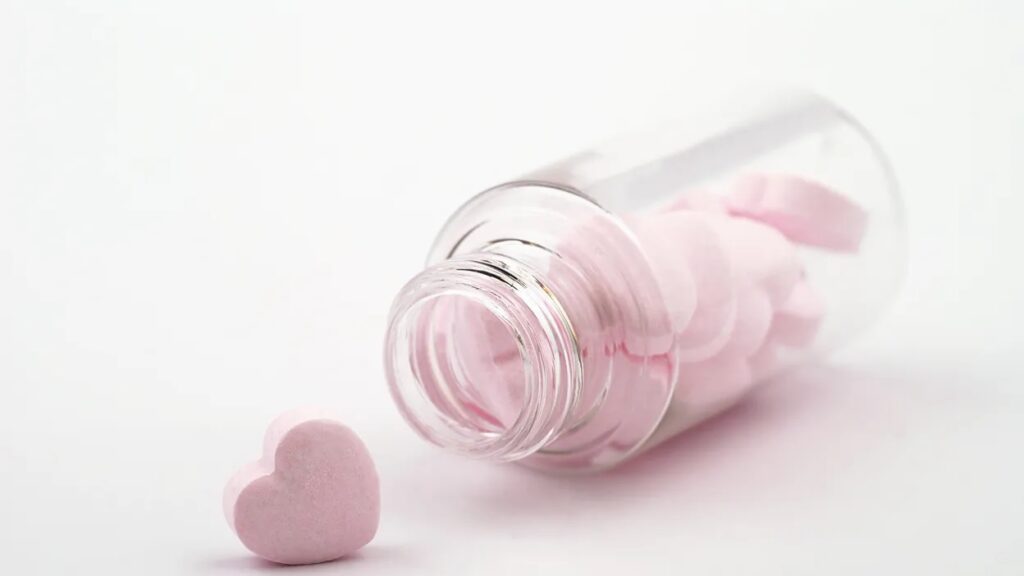An Oxford scientist has claimed that couples receiving counselling could soon be offered drugs to help put the romance back in their relationship.
According to The Times:
Love drugs are “on the horizon”, according to an Oxford University academic — who says we now know enough about the neurochemistry of love to “enhance your abilities to find love or to . . . stay in love when it is getting a bit tricky”.
Dr Anna Machin, an evolutionary anthropologist and author of Why We Love, said the pharmacology of attraction was on the “frontiers of love research” and she expected to see the use of drugs in couples’ therapy within five years.
Already, there are signs that drugs could play a role in saving marriages. This year, a paper found taking MDMA, or ecstasy, could help someone feel closer to their spouse — possibly because it helps release the chemical serotonin, promoting empathy.
Machin told the Cheltenham Science Festival she thinks this means MDMA could help people see the world from their partner’s view, instead of fixating on raised toilet seats and idiosyncratic toothpaste squeezing techniques.
This is just one of the chemicals of interest. Although its effects are complex, researchers believe oxytocin helps in the initial stages of falling in love and in approaching potential partners.
Machin said she expected within a decade “people to squirt oxytocin up their nose before they go out on a Saturday night, at the same time as having a glass of prosecco”.
While it may help in the early stage of a relationship, later on different chemicals kick in, including dopamine and beta endorphin — which is effectively an opioid. “It is heroin but it is produced by your body and it is powerful enough to underpin your relationships in the long-term because, just like heroin, it is addictive,” she said.
“That’s actually the reason why when you get dumped it feels awful because you are going into opiate withdrawal…”
David Nutt, professor of neuropsychopharmacology at Imperial College, said that while the potential of some of the drug approaches was more speculative, he expects to see the use of MDMA relatively soon.
“MDMA was widely used in the 1970s by couples counsellors in the USA to help people put their marriages back together — with anecdotal good outcomes,” he said. He said it was likely the drug would be licensed soon for the treatment of PTSD, and used off-label for marital therapy.
In 1998, psychiatrists George Greer and Requa Tolbert wrote in the Journal of Psychoactive Drugs, of their experience of conducting MDMA-enhanced therapeutic sessions with about 80 clients in the early1980’s.
Greer and Tolbert met the clients in their homes, where they administered a pure dose of between 77mg and 150mg of MDMA, with a 50mg booster if a client needed it later.
According to the psychiatrists, 90% of their clients benefited from MDMA-assisted psychotherapy, with reporting that they felt more love toward their partners and were better able to move beyond past pains and pointless grudges.

